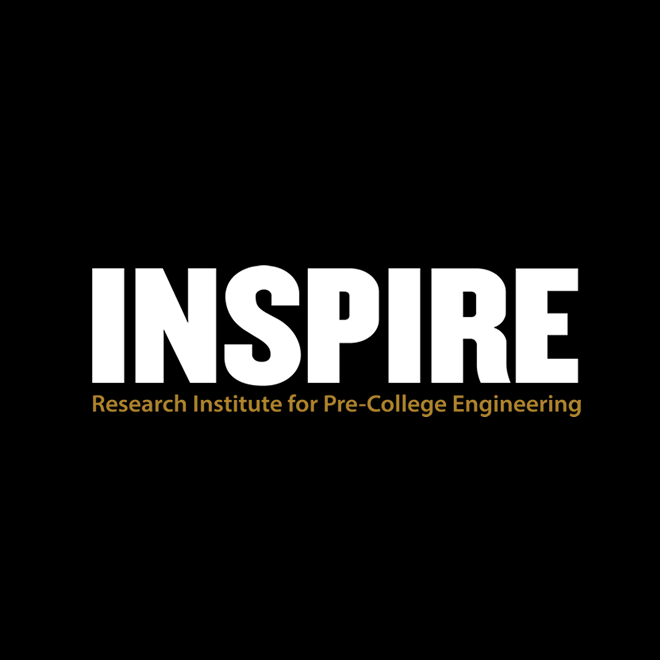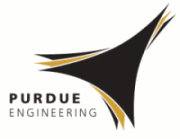Abstract
Multilingual students should have opportunities to learn and do engineering in learning environments that foreground and sustain their cultural and linguistic practices. However, little is known about how middle school engineering teachers enact these environments. To address this gap in research and practice, this comparative case study describes the different ways in which two middle school technology and engineering teachers enacted pedagogies rooted in funds of knowledge and translanguaging. The teachers and research team engaged in a professional learning community, which focused on funds of knowledge and language-based pedagogies, for over one year. The teachers enacted pedagogies that incorporated principles of funds of knowledge and translanguaging, reflected on their teaching, and sought to improve their pedagogy in subsequent iterations of teaching. In this context, the research team analyzed the following data sources: (a) transcripts from classroom observations during a minimum of four engineering design challenges per teacher; (b) teacher artifacts (e.g., lesson plans, curriculum materials); and (c) monthly reflection sessions and interviews with each teacher. Thematic analyses of these data were used to answer the following research question: How did the teachers enact funds of knowledge and translanguaging pedagogies? Analyses indicated similarities and differences in how the teachers enacted funds of knowledge and translanguaging pedagogies. Similarities included (a) providing students with bilingual materials; (b) grounding engineering design challenges in the context of students’ communities; and (c) positioning parents as core intellectual resources. While the two teachers enacted pedagogies in similar ways, they also demonstrated differences. Alex, a bilingual teacher who had lived in Peru, enacted funds of knowledge pedagogies through sharing narratives and explaining how they mapped onto the engineering design challenges. He also frequently spoke to students in Spanish. Andrew, a white monolingual teacher who had lived and taught in his community for decades, enacted funds of knowledge pedagogies through experiential and place-based learning, and through incorporating popular culture. Despite his efforts to sustain bilingualism through providing bilingual curriculum materials, English remained the primary medium of instruction within his class, consistent with his school’s de facto English-only policy. This study indicates that funds of knowledge and translanguaging pedagogies may be fostered through community-oriented engineering design challenges and through school-level policies and practices that explicitly encourage multilingualism.
Recommended Citation
Wilson-Lopez, A.,
&
Acosta-Feliz, J.
(2022).
Middle School Engineering Teachers’ Enactments of Pedagogies Rooted in Funds of Knowledge and Translanguaging.
Journal of Pre-College Engineering Education Research (J-PEER), 12(1), Article 4.
https://doi.org/10.7771/2157-9288.1356


